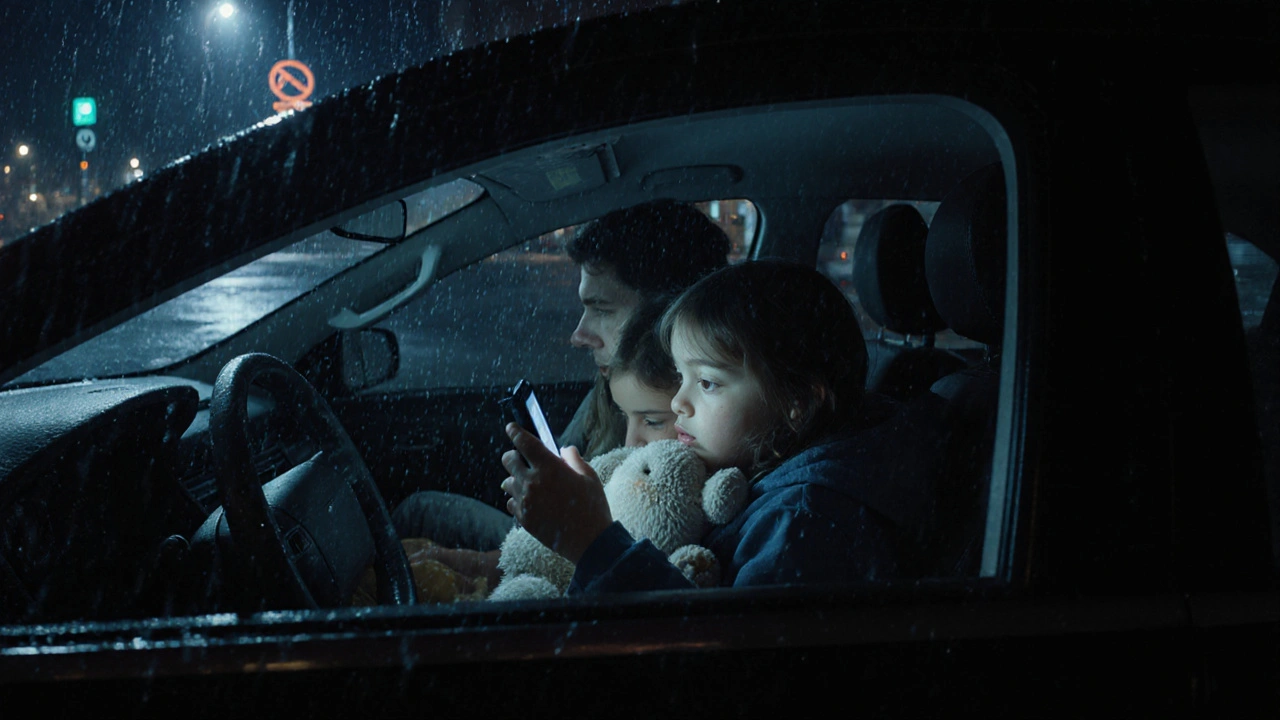Homelessness Causes: Why People Lose Their Homes in London
When you see someone sleeping on a bench in London, it’s easy to assume they chose that life. But homelessness, the state of having no fixed, regular, or adequate nighttime residence. Also known as rough sleeping, it’s rarely a choice—it’s the end result of systems that failed. In 2025, over 7,000 people slept rough in London. That’s not a number—it’s 7,000 stories of people who couldn’t afford rent, lost their job, or were kicked out after domestic abuse.
The biggest cause? housing crisis, a severe shortage of affordable homes and soaring rents that outpace wages. A one-bedroom flat in outer London now costs over £1,500 a month. The average benefit payment? Around £800. That gap isn’t a mistake—it’s policy. When housing benefit doesn’t cover rent, people fall behind. Then comes eviction. Then the streets.
Then there’s mental health, a condition affecting mood, thinking, and behavior that often goes untreated in the UK’s underfunded system. One in three people sleeping rough has a diagnosed mental illness. Many were discharged from hospitals with no place to go. Others lost their homes after a breakdown and couldn’t get support. The NHS can’t keep up. Social services are stretched thin. And without a stable home, getting help becomes impossible.
It’s not just housing and mental health. poverty in London, a condition where income is too low to meet basic needs like food, heating, and transport. is growing. Minimum wage doesn’t stretch far. Zero-hour contracts mean no security. One missed shift, one unexpected bill, and you’re one step from homelessness. Families are splitting up to qualify for housing. People are choosing between heating and eating. This isn’t a rare tragedy—it’s the new normal for thousands.
And then there’s the hidden layer: leaving prison, escaping abuse, aging out of foster care, or being kicked out for being LGBTQ+. These aren’t edge cases. They’re common pathways. A young person turned away from home because of their identity? They’re 12 times more likely to end up homeless. A veteran discharged with PTSD and no support? They’re far more likely to sleep on a pavement. These aren’t isolated incidents—they’re predictable outcomes of gaps in the safety net.
People talk about ‘personal responsibility’ like it’s the solution. But responsibility doesn’t pay rent. It doesn’t fix a broken benefit system. It doesn’t build more social housing. The real issue isn’t laziness or poor choices—it’s a system that doesn’t protect the most vulnerable. And when that system fails, the streets become the only option.
What you’ll find in these stories isn’t just statistics. It’s the real, raw reasons why people lose their homes in London. From failed policies to broken families, from mental health neglect to economic collapse—these are the causes no one wants to fix. But they’re the ones we have to face if we ever want to end this crisis.
What Is the Biggest Cause of Homelessness in the UK?
The biggest cause of homelessness in the UK is the severe shortage of affordable housing, worsened by benefit cuts and the loss of social homes. Thousands are being pushed onto the streets not by choice, but by broken systems.
